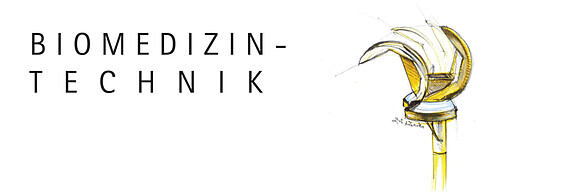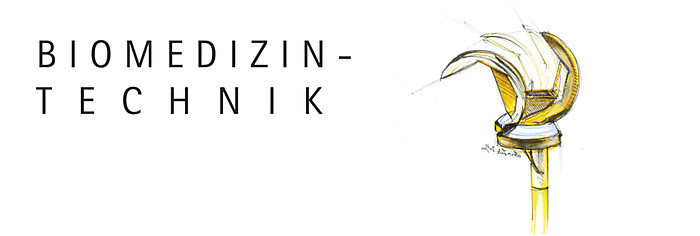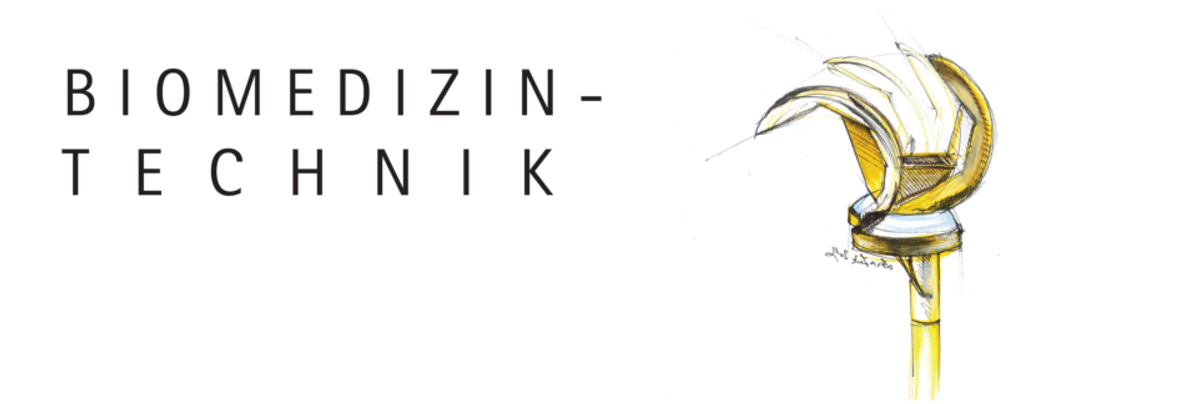As a rule, the course of study takes 4 semesters. After passing the master thesis you will receive the degree Master of Science.
What can you expect during your studies?
You are largely free to choose the modules and schedule of the Master's programme. Your course of study consists of compulsory, elective and optional modules. The compulsory modules provide you with advanced skills in engineering and biomedical technology. The compulsory and elective modules are divided into three areas of specialization: "Medical Process and Implant Technology", "Medical Device and Laser Technology", "Medical Imaging and Computer Science". The selection of a total of 25 LP (20 LP elective) in one of these specializations leads to the designation of a specialization on your certificate. In the third semester, you will be required to write a student research project and optionally to complete a specialized internship. Through the mobility window, which is also anchored in the third semester, you can also complete these study achievements at partner universities abroad. Further practical relevance, presentation skills and soft skills are provided by the module Key Skills (excursions, presentation of the thesis and tutorials). The module Studium Generale also offers you the opportunity to take non-technical or non-subject modules. By writing the master thesis (900h) you complete your studies.
Application and Admission
Areas of activity
Characterized by a high degree of interdisciplinarity, biomedical technology combines the latest findings and developments from the fields of technology, medicine and natural science. The product cycles are very short, which is illustrated by the fact that companies achieve about one third of their turnover with products that are not older than 3 years. Biomedical technology is considered a promising and promising cross-sectional technology with a constantly increasing demand for engineers with interdisciplinary training. According to a survey carried out by the DGBMT, small and medium-sized enterprises (SMEs) in particular are dependent on very broadly qualified specialists, and the field of life sciences also represents an extensive field of employment.
Possible professional fields for you are in biotechnical, pharmaceutical and medical research institutions as well as biotechnological companies. Without doubt, the medical technology and biomedical engineering industry offers you the greatest employment opportunities. Frequent fields of activity are research & development, followed by product management, quality management and medical device approval.










